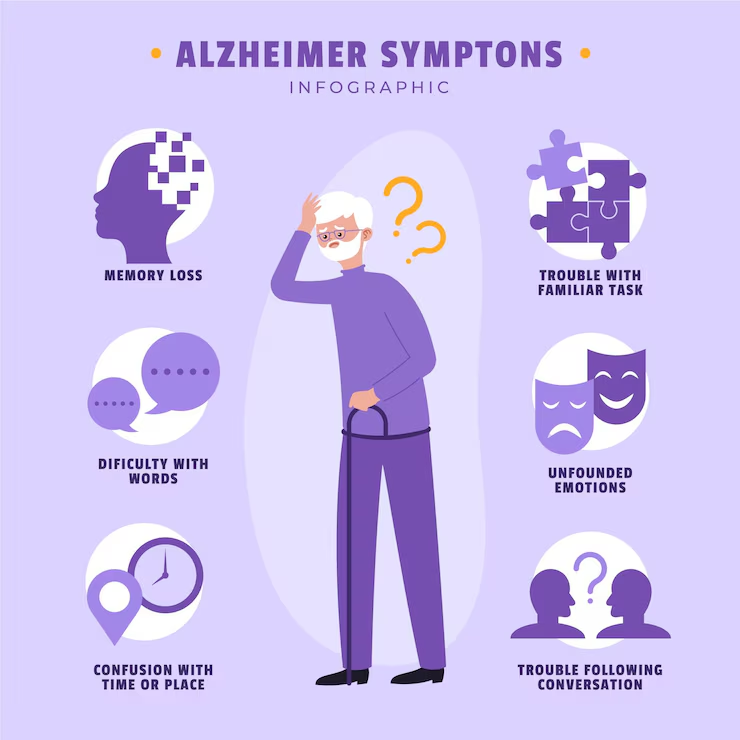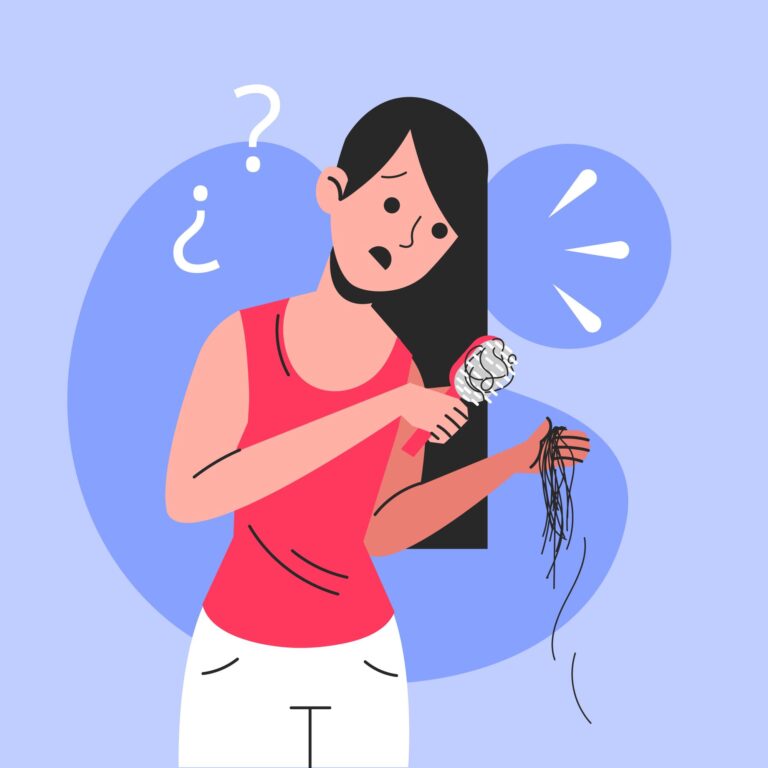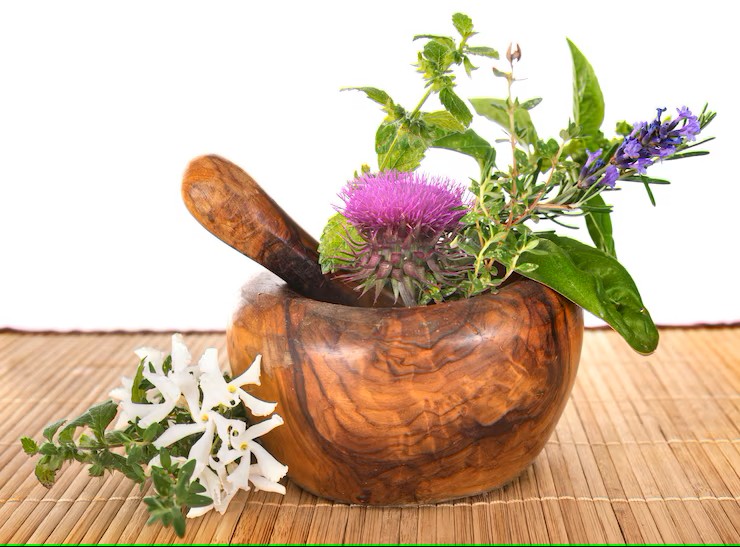
Ancient Wisdom for a Modern Mind
Alzheimer’s is more than just memory loss; it’s a progressive neurological disorder that slowly steals a person’s identity. As modern medicine works on managing symptoms, Ayurveda steps in with a gentle yet profound perspective healing the mind by balancing the body, doshas, and spirit.
Let’s explore how Ayurveda, the 5,000 year old science of life, offers hope, support, and holistic care for those struggling with Alzheimer’s and other cognitive disorders.
🌀 Understanding Alzheimer’s Through the Ayurvedic Lens
In Ayurveda, Alzheimer’s is viewed as a disorder of Majja Dhatu (nervous tissue) and the Vata dosha, particularly Prana Vata, which governs the mind, sensory perception, and memory.
When Vata becomes imbalanced due to age, stress, poor diet, or lack of routine, it can lead to mental instability, forgetfulness, confusion, and disconnection from self symptoms that closely mirror early signs of Alzheimer’s.

🌿 Ayurvedic Principles for Managing Alzheimer’s
While Ayurveda doesn’t claim to cure Alzheimer’s, it offers a complementary and supportive approach focused on:
- Slowing degeneration
- Supporting memory and clarity
- Nourishing the nervous system
- Enhancing quality of life
1. Nasya (Nasal Therapy)
Administering medicated oils like Brahmi Ghrita or Anu Taila in the nostrils stimulates the brain and calms the nervous system. It is especially effective in improving clarity, reducing anxiety, and slowing cognitive decline.
2. Medhya Rasayanas (Brain Nourishing Herbs)
- Brahmi (Bacopa monnieri) – Boosts memory, reduces anxiety
- Ashwagandha – Reduces stress, strengthens neurons
- Shankhpushpi – Improves intelligence and concentration
- Vacha (Sweet flag) – Helps in speech clarity and memory restoration
These herbs are often consumed as powders, teas, oils, or ghritas (medicated ghee).

3. Abhyanga (Daily Oil Massage)
Warm oil massage using Mahanarayan oil or Bala Ashwagandha oil calms the Vata dosha, strengthens the nervous system, and promotes better circulation to the brain.
4. Dinacharya (Daily Routine)
Establishing a consistent daily rhythm reduces Vata aggravation and helps maintain mental stability. Key practices include:
- Early wake up time
- Light, nutritious meals on schedule
- Meditation and pranayama (breathing exercises)
- Avoiding overstimulation or multitasking
5. Satvavajaya Chikitsa (Mind Healing Therapy)
This includes counseling, mantra chanting, meditation, and positive sensory stimulation to improve emotional strength and self awareness.This includes counseling, mantra chanting, meditation, and positive sensory stimulation to improve emotional strength and self awareness.

🥗 Diet Tips: Food as Brain Medicine
Ayurveda emphasizes Ojas rich foods that support brain health and immunity:
- Warm, cooked meals with ghee, nuts, dates, and spices like turmeric and cinnamon
- Avoid cold, dry, stale, and overly processed foods
- Include memory boosting foods: soaked almonds, walnuts, A2 ghee, whole grains, saffron milk





